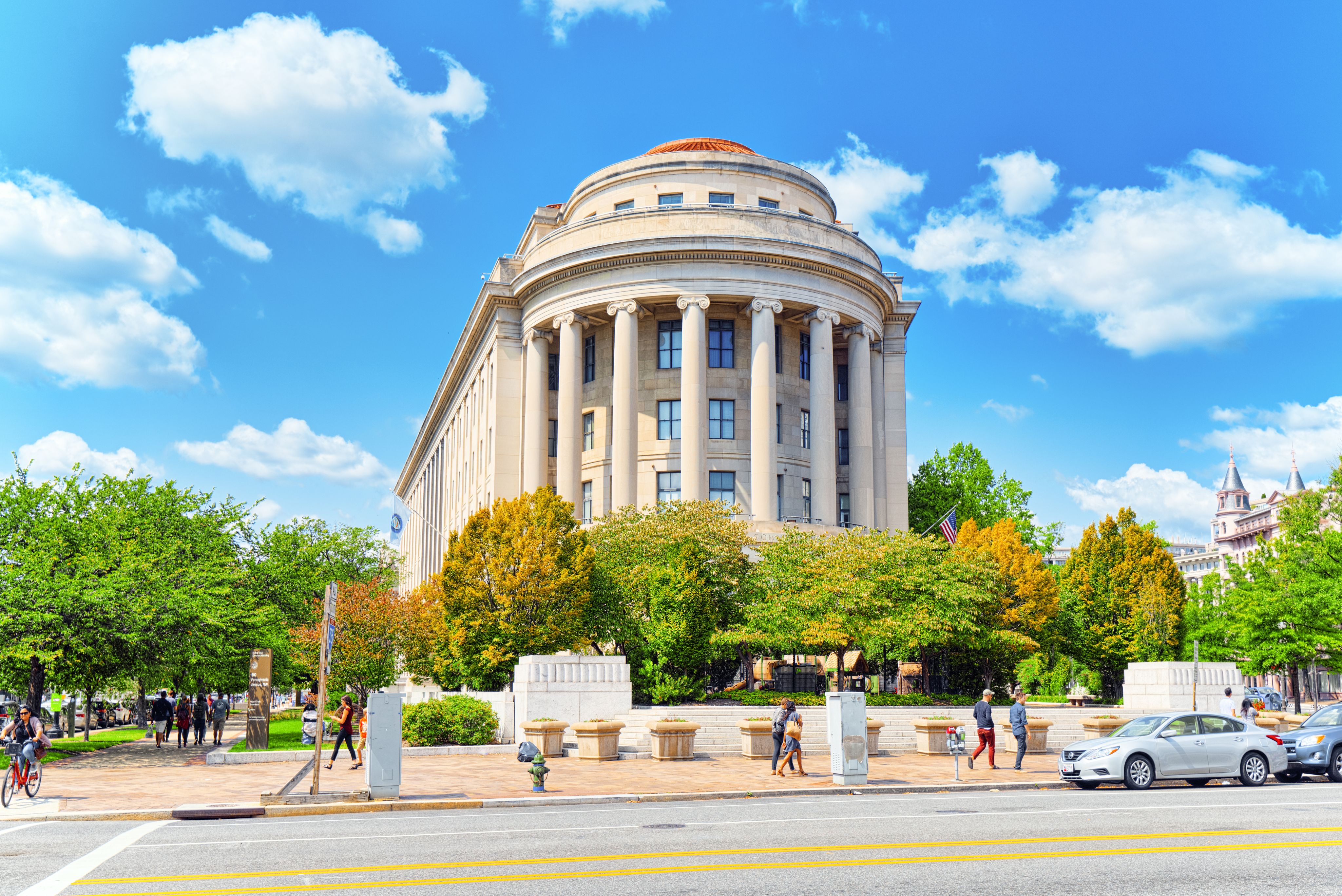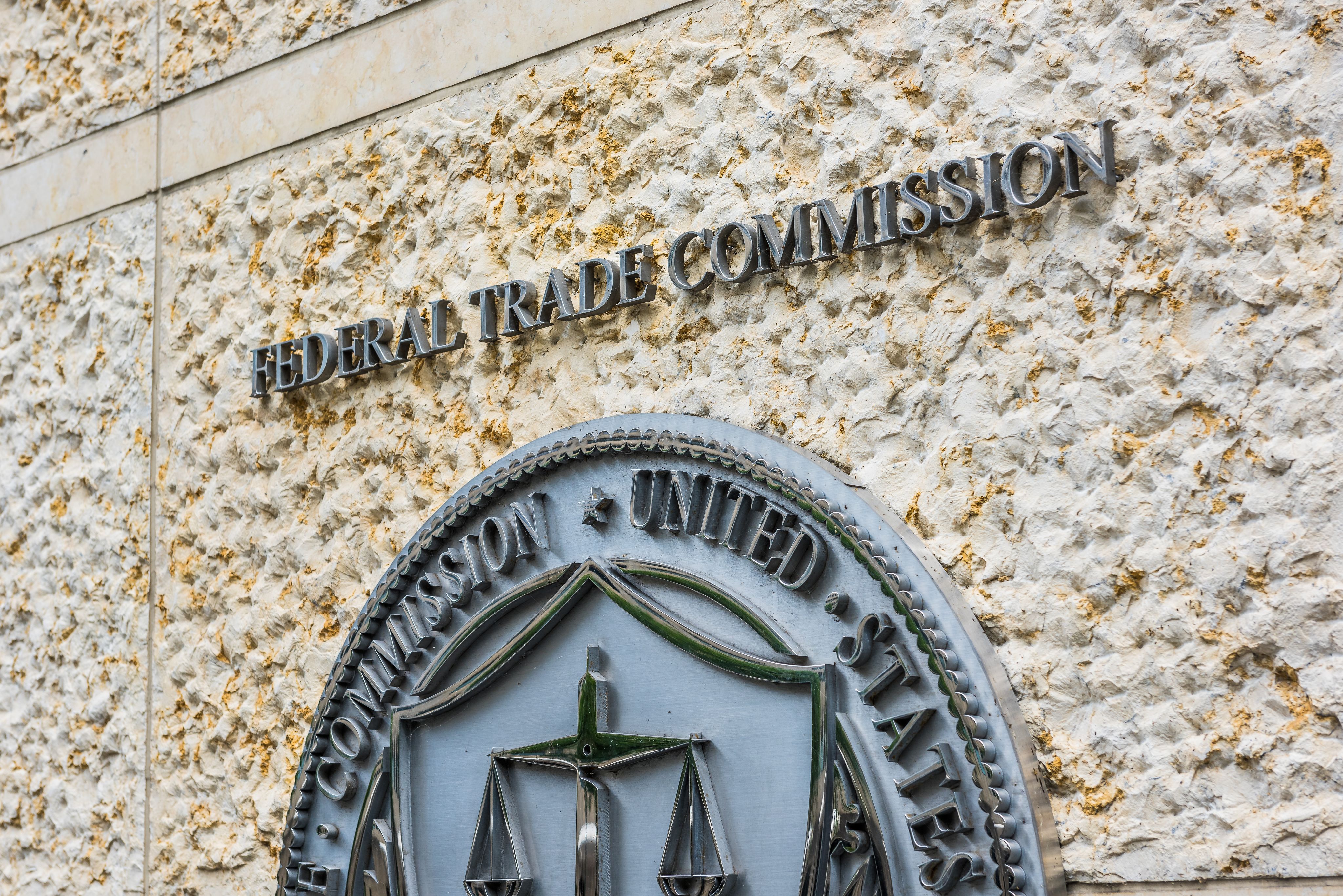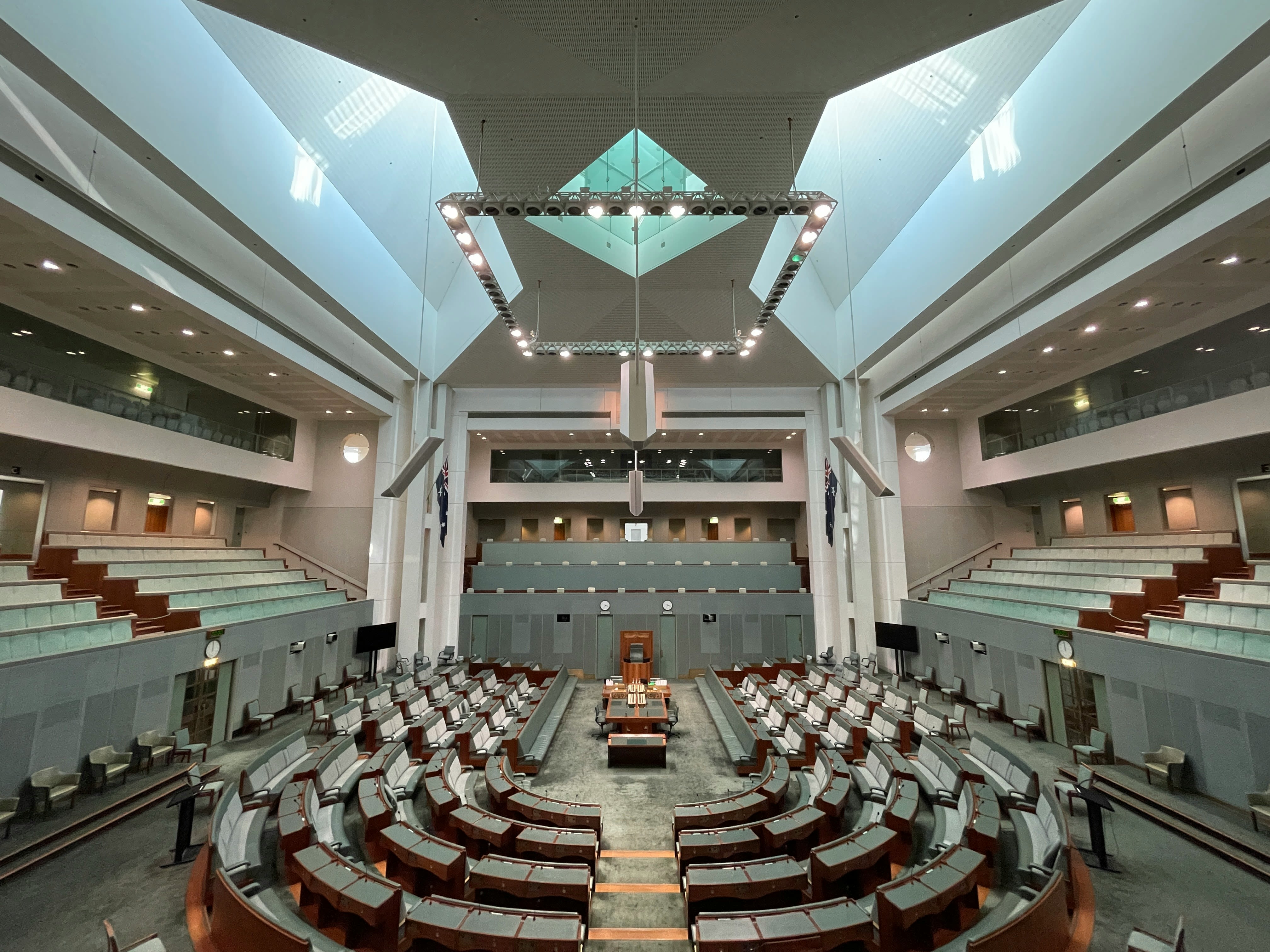US premerger form's final version incorporates revisions to lower compliance burden
US premerger form's final version incorporates revisions to lower compliance burden
11 October 2024
By Ilana Kowarski
The US Federal Trade Commission’s unanimous vote to approve a final version of mandatory US antitrust paperwork for dealmakers was the result of difficult and protracted negotiations between Democratic and Republican commissioners.
The final version released today is pared down from the original June 2023 proposal, which would have dramatically expanded the scope of the information demands placed on merging parties.
The final form is less ambitious. It doesn't require submission of deal document drafts, and it doesn't mandate submission of information regarding workers’ commuting zones or Bureau of Labor Statistics’ occupational classification codes.
It will create a new category of transactions with less onerous information requirements when a transaction is deemed low-risk, and will excuse the seller from some information requests if the buyer is supplying that information.
But the new form — assuming it survives any legal challenges — will nonetheless require a significant increase in the amount of information that dealmakers will submit to federal authorities.
Merging parties with deals worth more than $119.5 million are obligated to submit the premerger form to US antitrust agencies. Under the Hart-Scott-Rodino Antitrust Improvements Act of 1976, after a waiting period of 15 or 30 days, the deal can be closed if the government takes no action.
Before and after
The Biden administration proposed a significant expansion and overhaul of mandatory premerger antitrust paperwork in June 2023. The nation’s top competition law enforcers argued that dealmakers weren't required to provide basic data needed to evaluate the competitive implications of deals.
Government officials expressed excitement about the potential to use foreign-subsidy data to inform analysis of mergers involving state-sponsored companies whose governments are hostile or seek to manipulate markets. They also discussed the investigative and litigation value of labor and supply data and other information that the draft HSR form would require which the current HSR form does not.
Changes to federal antitrust laws mandated that antitrust agencies ask about subsidies from any “Foreign Entity of Concern,” so that requirement remains intact. The labor-data requirement was pared back, but data regarding merging parties' supply relationships will still be required.
The draft HSR form elicited more than 750 public comments, including some harsh critiques from trade associations and conservative think tanks. Critics said the proposed revision was a massive regulatory overreach that would dramatically increase the cost of compliance.
They argued that the draft HSR form was a one-size-fits-all document with no short version for simple, nonproblematic transactions — unlike in other jurisdictions, where detailed forms are reserved for the most complex and riskiest deals.
The FTC addressed this issue with new formal classifications for merging parties — separating low-risk and high-risk deals. The HSR form remains a single form, but requires less information from deals that present fewer problems.
Democratic and Republican FTC commissioners supported the final form in a 5-0 vote.
“The information required by the Final Rule will mitigate the risk of false positives," wrote Republican Commissioner Andrew Ferguson, referring to initial corporate disclosures that lack detail and therefore require additional information requests. "It can reveal that a merger presents no competitive threat at all, and the Commission can avoid crawling down rabbit holes in unnecessary investigations. Third parties will benefit, too … By providing the Antitrust Agencies with greater information upfront, the Final Rule can remove the need to burden third parties with such fruitless engagement.”
Nonhorizontal and nascent competition
FTC Chair Lina Khan argued in a statement that the new form will provide much better insight into vertical and conglomerate transactions. The form's inquiries about “products and services under development that are not yet generating revenues” will illuminate emerging rivals and risks to future competition, she said.
“The new HSR Form represents a generational upgrade that will sharpen the antitrust agencies’ investigations and allow us to more effectively protect against mergers that may substantially lessen competition or tend to create a monopoly,” Khan said.
The US Chamber of Commerce expressed reservations about the final form, but lauded the pressure brought to bear on the government and said the antitrust agencies were “forced to scale back” the original proposal.
"While the Agencies have been rightly pressured to scale back their expensive, radical vision for overhauling the merger notification process, this final rulemaking still holds the potential to unnecessarily target vertical mergers, private equity, and smaller acquisitions," Sean Heather, the Chamber’s senior vice president for antitrust, said in a written statement. “Under the previous HSR process, the agencies already held the power to request more information on any merger that they want to scrutinize. According to the government’s own data, 98% of mergers do not raise competitive concerns. The increased burden the new rule imposes remains questionable.”
The FTC and Department of Justice antitrust division also announced today that they will once again allow early termination of premerger antitrust review waiting periods in cases where they determine a transaction will not harm competition.
And the agencies unveiled a comment portal that allows people from all walks of life to weigh in on the antitrust implications of US transactions.
So the laborious HSR process has finally been completed — unless and until the critics take the revisions to court.
For the latest news and analysis on the regulation of high value acquisitions and mergers, activate your instant trial of MLex today.





